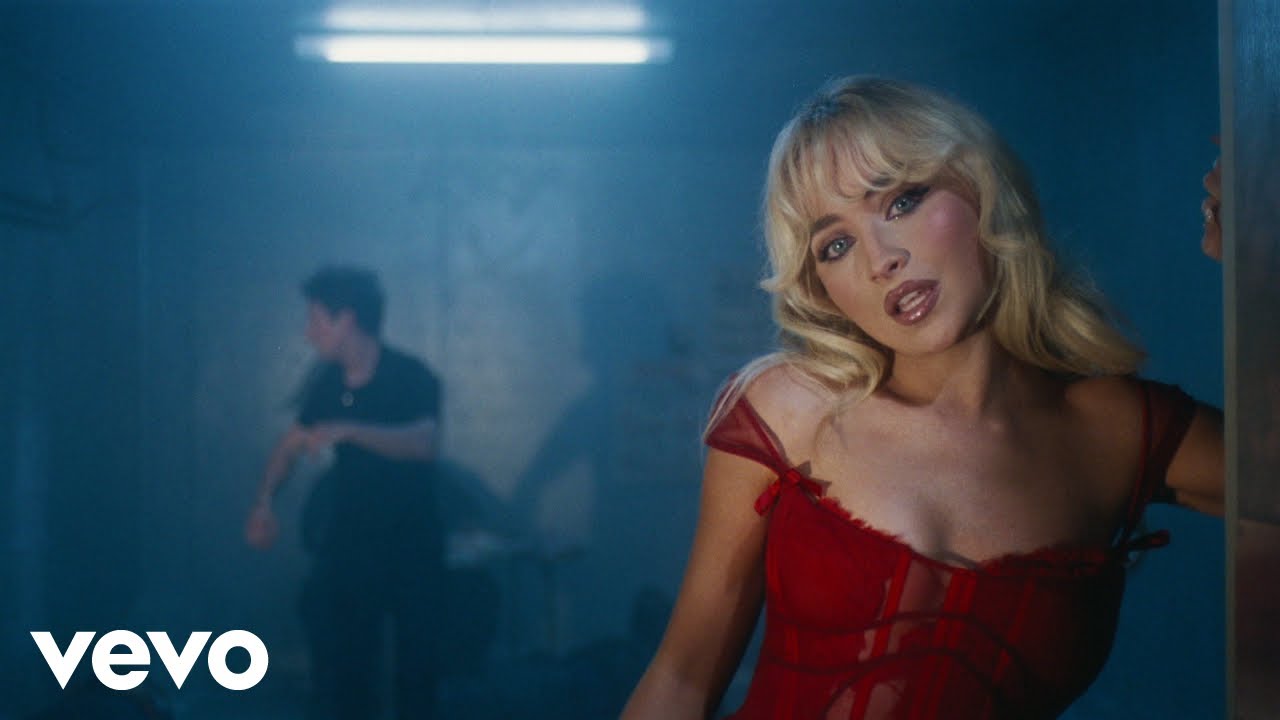Let’s dive into the world Sabrina Carpenter creates with her song “Please Please Please.” This analysis explores the nuances of her lyrics. Remember, this interpretation may or may not reflect what she intends. But that’s the beauty of music; it resonates differently with everyone.
Verse 1: The Irony of Judgment
The first lines kick off with a confident declaration: “I know I have good judgment, I know I have good taste.” Right away, we sense her self-assuredness. But then, she notes the irony of her feelings—“only I feel that way.” This hints at an internal conflict. She recognizes her good taste, yet doubts whether others see it too. It’s a relatable moment where confidence meets vulnerability.
Next, she reflects on promises made: “I promise ’em that you’re different.” This line reveals her hopefulness. She wants to believe in this person’s potential for goodness, despite the mistakes they might have made. Yet, the simple plea “But just don’t” brings a tone of desperation. She’s setting a boundary, asking for restraint.
Carpenter continues by mentioning the person’s identity: “I heard that you’re an actor, so act like a stand-up guy.” This line suggests that she’s aware of their flaws. The use of “actor” implies a facade, as if she’s asking them to drop the act and show their true self. It’s a call for authenticity amid the chaos.
Chorus: The Plea for Stability
When the chorus hits, the tone shifts. “Please, please, please, don’t prove I’m right.” Here, the repetition emphasizes urgency. She’s pleading for this person to avoid actions that would validate her worst fears. It’s as if she’s caught between hope and skepticism.
The next lines reveal deeper emotions: “And please, please, please, don’t bring me to tears when I just did my makeup so nice.” This is powerful imagery. It connects her emotional state to her physical appearance, highlighting vulnerability. She doesn’t just want to avoid heartbreak; she’s afraid of the embarrassment that could follow.
Heartbreak and ego intertwine in her expression: “Heartbreak is one thing, my ego’s another.” This line is significant. It shows that while she can handle emotional pain, the fear of being humiliated cuts deeper. She’s not just protecting her heart; she’s guarding her pride.
Verse 2: The Humor in Darkness
In the second verse, she offers a “fun idea,” suggesting they stay inside. This moment is intriguing. It’s playful yet layered with meaning. The act of staying inside could symbolize avoiding the outside world’s judgments. “I know you’re cravin’ some fresh air,” reflects a desire for freedom, but she quickly contrasts that with a cozy image of the “ceiling fan.”
The phrase “we could live so happily if no one knows that you’re with me” adds a hint of irony. It implies that their relationship thrives in secrecy, away from judgment. She’s joking but also serious—seeking refuge from external pressures.
Chorus Revisited: A Cycle of Pleas
Returning to the chorus, her urgency remains: “Please, please, please, don’t prove I’m right.” The repetition underscores her fear that her instincts will be validated, that this relationship could turn sour. It’s as if she’s stuck in a loop of worry, desperate for a different outcome.
Again, she addresses her makeup, linking her emotional state to her physical presentation. “Don’t bring me to tears” takes on an almost desperate plea for stability. She craves a sense of peace, both in love and in self-image.
Outro: The Demand for Respect
In the outro, Carpenter’s tone sharpens. “If you wanna go and be stupid, don’t do it in front of me.” This line cuts through the playful tone of earlier verses. She sets a firm boundary, demanding respect. It’s a clear message: if they choose to act foolishly, do it away from her.
The line “If you don’t wanna cry to my music, don’t make me hate you prolifically” illustrates a raw emotional truth. Music serves as a backdrop for her feelings, and she wants to avoid negative associations. This expresses a complex mix of love and frustration.
In her final pleas, “Please, please, please,” the repetition creates a haunting echo. It reflects her ongoing struggle, her need for reassurance, and the desire for a healthy relationship.
